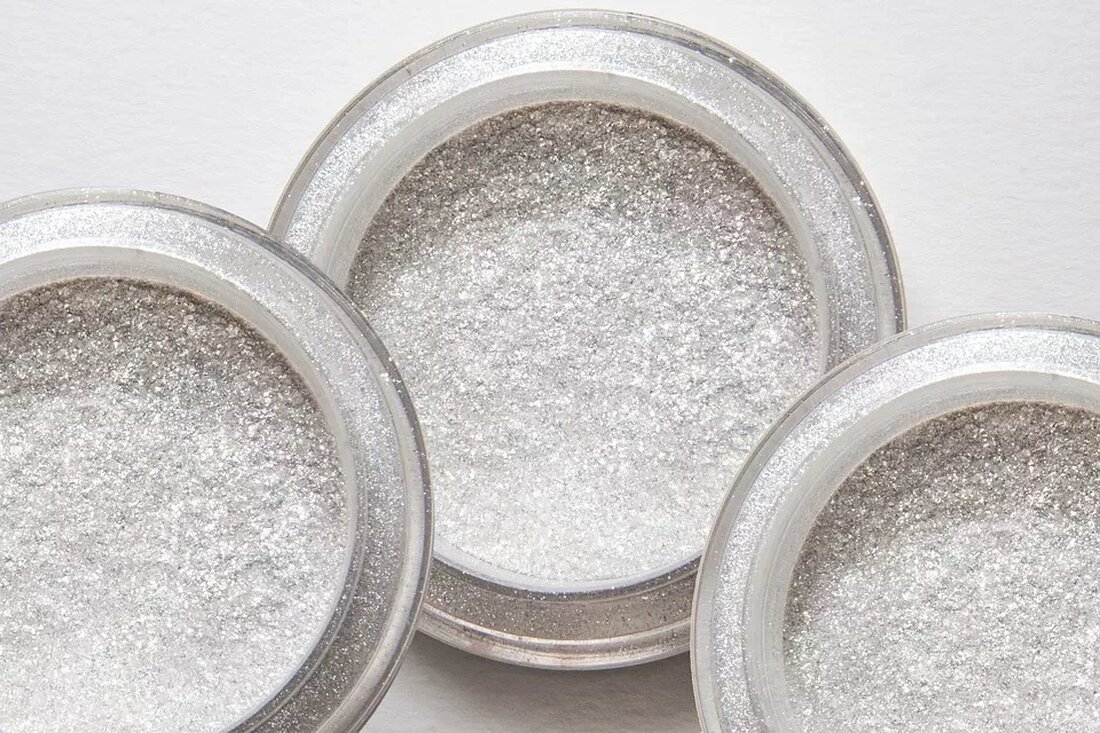Colloidal Silver in Animal Health: A Review
Colloidal Silver in Animal Health: A Review Introduction Colloidal silver is a solution containing tiny silver particles in distilled water. It is often used as a natural remedy to support animal health. This article provides a comprehensive overview of the use of colloidal silver in animal health and answers frequently asked questions on the topic. Table of Contents What is colloidal silver? How does colloidal silver work? Uses of colloidal silver in animal health Areas of use of colloidal silver in animals Benefits of colloidal silver Proper use of colloidal silver in animals Safety and possible side effects Conclusion What is colloidal silver? Colloidal silver...

Colloidal Silver in Animal Health: A Review
Colloidal Silver in Animal Health: A Review
introduction
Colloidal silver is a solution that contains tiny silver particles in distilled water. It is often used as a natural remedy to support animal health. This article provides a comprehensive overview of the use of colloidal silver in animal health and answers frequently asked questions on the topic.
Table of contents
- Was ist kolloidales Silber?
- Wie wirkt kolloidales Silber?
- Verwendung von kolloidalem Silber in der Tiergesundheit
- Anwendungsgebiete von kolloidalem Silber bei Tieren
- Vorteile von kolloidalem Silber
- Richtige Anwendung von kolloidalem Silber bei Tieren
- Sicherheit und mögliche Nebenwirkungen
- Fazit
What is colloidal silver?
Colloidal silver consists of tiny silver particles suspended in a liquid, usually distilled water. The particles are so small that they are not visible in light. Colloidal silver is often considered antimicrobial, anti-inflammatory and immune stimulating.
How does colloidal silver work?
The effectiveness of colloidal silver is based on the ability of the silver particles to inhibit or kill microorganisms such as bacteria, viruses and fungi. When colloidal silver encounters a pathogen, the silver particles interact with the microorganisms' cell walls or enzymes and disrupt their vital functions. This inhibits or stops the growth and reproduction of the microorganisms.
Use of Colloidal Silver in Animal Health
Colloidal silver is used for various purposes in animal health. It can be used both externally and internally. When used topically, colloidal silver is often used for wound care, treating skin problems such as eczema, and cleaning and disinfecting ears. When used internally, it can be used to strengthen the immune system and treat infections in the digestive tract.
Areas of application of colloidal silver in animals
Colloidal silver can be used for various animal species and health problems. It is used on dogs, cats, horses and many other animals. Some of the most common areas of application are:
1. Skin problems: Colloidal silver can help with skin infections, eczema, skin fungus and other skin problems. It has antimicrobial and anti-inflammatory effects, which can help relieve symptoms and promote healing.
2. Wound Care: Colloidal silver is used to disinfect wounds. It can support wound healing and reduce the risk of infections.
3. Digestive tract infections: Colloidal silver can be used for gastrointestinal tract infections. It can help fight pathogenic bacteria and restore the balance of intestinal flora.
4. Eye Infections: Colloidal silver can be used to treat eye infections in animals. It is often used in the form of eye drops to combat bacterial or viral infections.
Benefits of Colloidal Silver
The use of colloidal silver in animal health offers several benefits:
1. Natural remedy: Colloidal silver is made from natural ingredients and contains no synthetic additives. It is often viewed as a natural and gentle remedy.
2. Broad antimicrobial spectrum: Colloidal silver can fight a variety of microorganisms including bacteria, viruses and fungi. This makes it a versatile tool for supporting animal health.
3. Anti-inflammatory effect: Colloidal silver can reduce inflammation by blocking the release of pro-inflammatory substances. This can help relieve pain and discomfort in animals.
Proper use of colloidal silver in animals
Proper use of colloidal silver is important to achieve maximum results and avoid possible side effects. Here are some guidelines for using colloidal silver in animals:
1. Dosage: The dosage of colloidal silver depends on various factors such as the animal species, weight and health status of the animal. It is important to follow the manufacturer's recommended dosage guidelines or consult a veterinarian for advice.
2. Administration: Depending on the application, colloidal silver can be used externally or internally. When used externally, it should be applied directly to the affected area. When used internally, it can be administered orally or mixed with food.
3. Duration of use: The duration of use of colloidal silver depends on the type of health problem. It is important to continue use for the recommended period of time to achieve optimal results.
Safety and possible side effects
Colloidal silver is considered relatively safe to use on animals. However, there are some precautions to keep in mind:
1. Overdose: Too high a dose of colloidal silver can lead to silver deposits in the body. It is important to follow the recommended dosage guidelines and not to overuse.
2. Allergic Reactions: Some animals may have an allergic reaction to colloidal silver. Observe your pet closely after use and look for signs of allergic reactions such as rash or difficulty breathing.
3. Drug Interactions: Colloidal silver may interact with certain medications. If your pet is already taking other medications, consult a veterinarian to avoid possible interactions.
Conclusion
Colloidal silver can be a useful natural remedy to support animal health. It is used for a variety of applications including skin problems, wound care, digestive tract infections, and eye infections. When used correctly, colloidal silver can help fight infections, reduce inflammation, and promote animal health. Still, it is important to follow recommended dosage guidelines and consider possible allergies or drug interactions. If you are unsure, always consult a veterinarian before using colloidal silver on your animal.

 Suche
Suche
 Mein Konto
Mein Konto
